This survey course on the economic development and recent transitional experience in China and India examines the economic structure and policies in the two countries, with a focus on comparing their recent economic successes and failures and their past development policies and strategies.
-
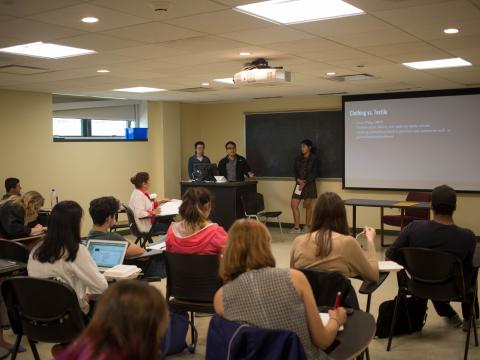
-
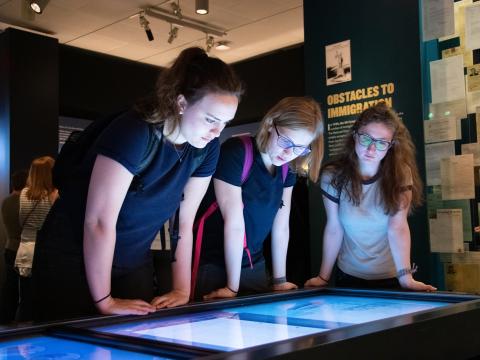
This religion course is an examination of some of the remarkable—and highly controversial—activities in which Quakers engaged as they tried to provide assistance to Jews who were being persecuted by the Nazis.
-
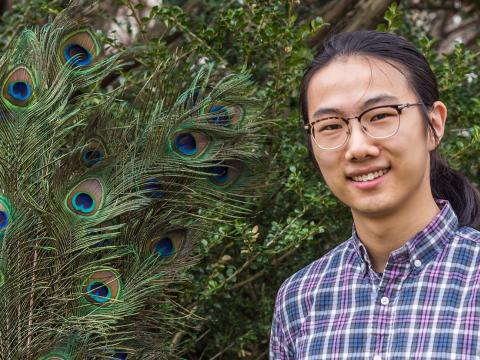
Yuchao Wang ’20, Rui Fang ’18, and Yabin Lu ’18 co-authored a paper in PLOS ONE with Professor of Physics and Astronomy Suzanne Amador Kane on the biological physics of the color of peacock feathers.
-

This peace, justice, and human rights course is a study of recent work in Latin American, Afro-Caribbean, and Afro-Diasporic critical theory and related resistance movements.
-

This first-year writing seminar introduces students to the many ways queer lives and theories challenge normative conceptions of linear time.
-
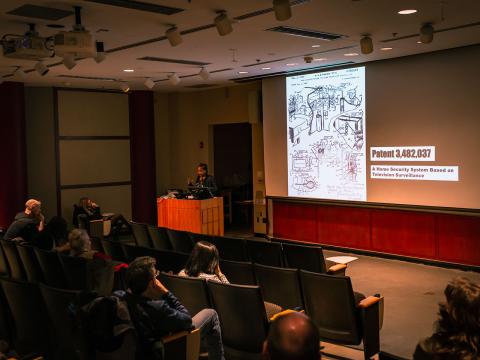
The 2019 Mellon Symposium, organized by Mellon Postdoctoral Fellow Aniko Szucs, convened a diverse set of scholars to explore how surveillance has been carried out and undermined across national and temporal contexts.
-

This psychology course examines new initiatives in the field aimed at enhancing transparency, reproducibility, replicability, accessibility, and inclusiveness as well as their implications for improving psychological science.
-

Highlighting faculty professional activities, including conferences, exhibitions, performances, awards, and publications.
-

This philosophy course addresses questions such as,“What is technology?” “Do we control technological innovation or does technology in some sense control us?” and “Does our entanglement in a technological world hinder or help us in communicating with one another?”
-

The Professor of Biology and Coordinator of the Concentration in Biochemistry and Biophysics has been awarded a $211,536 grant from the National Institutes of Health for his research on Chlamydomonas, a single-celled model organism that provides insight into the cell biology of many eukaryotes, including humans.
-
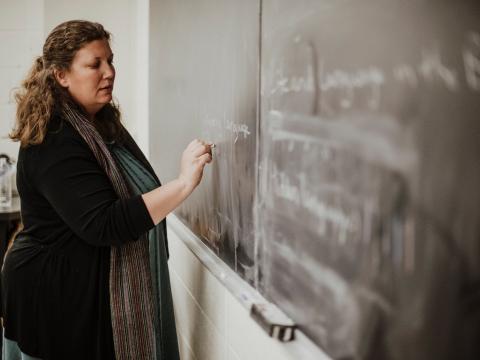
This course address issues of linguistic diversity, experiences of difference, and power structures as they relate to the perception and use of language, and struggles for justice in linguistic context.
-
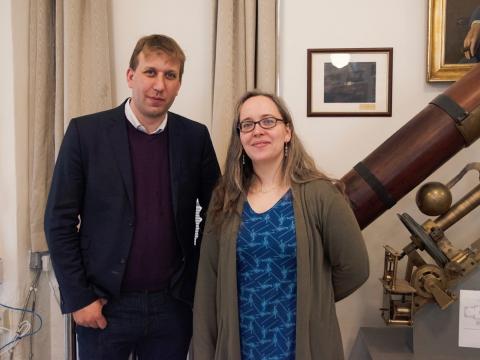
Associate Professor of Physics and Astronomy Karen Masters collaborates with Oxford Professor Chris Lintott, whom she recently brought to campus, on Galaxy Zoo, an award-winning data-gathering project that asks the public to help identify features and structures in images of galaxies.
-

This classics course explores the sexual culture of ancient Greece with a focus on primary materials.
-
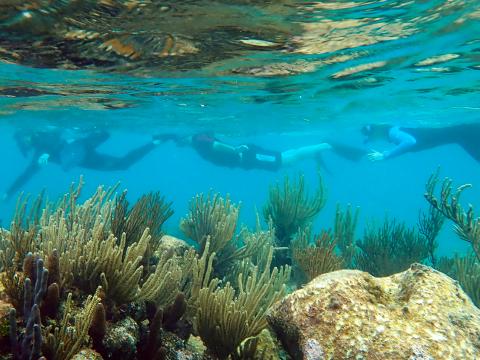
Students from Kristen Whalen’s “Advanced Topics in Biology of Marine Life” class spent a week over winter break exploring tropical coral ecosystems in Roatán, Honduras.
-
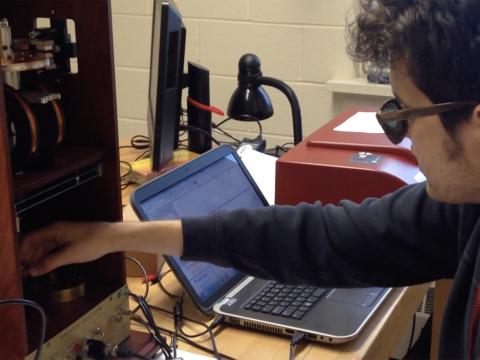
A team of Haverford alumni and professors recently published in the journal The Physics Teacher on methods and resources to help make STEM classrooms more accessible.